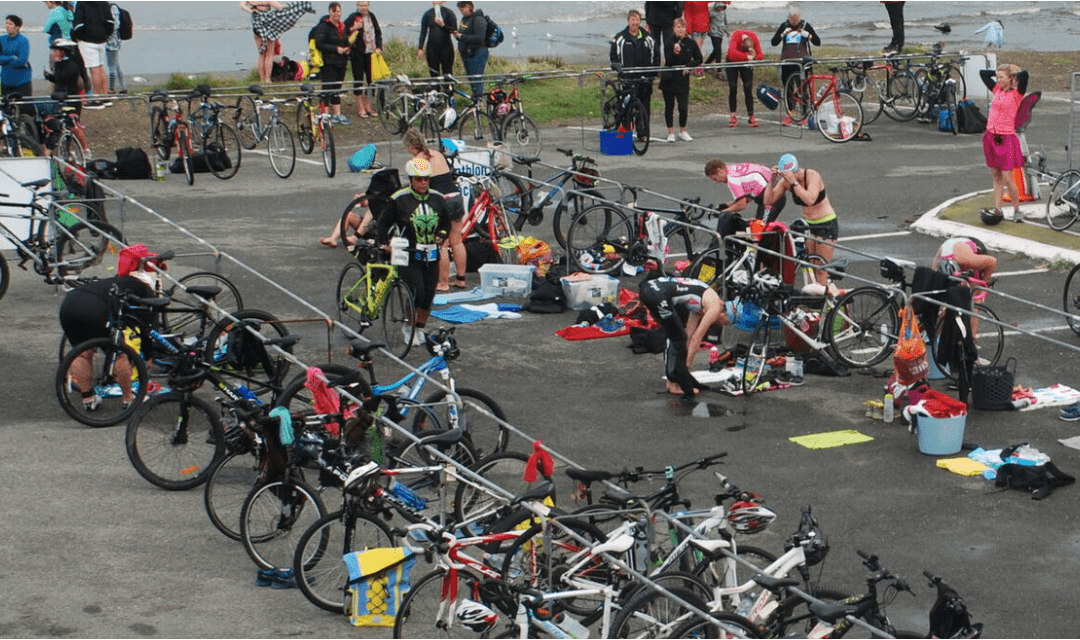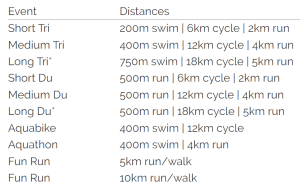February 25th 2024
The Kapiti Women’s Triathlon is open to women of all ages and fitness levels. It doesn’t matter if you’re a first timer or gym fit – there are options to suit everyone. You can enter as an individual or as a team, and you can choose your challenge and distance.
Options include:
![]() Early Bird Prize Package!
Early Bird Prize Package! ![]()
You’ll find information on:
- tips for training
- course details
- event options – you can enter one, two or all three of swim, cycle and run, and choose your distance
Pelvic Health Assessment prior to starting training
The team running the Kapiti Women’s Triathlon are keen to encourage participation in the event, including for newcomers or people who have had a baby / babies, as well as older women.
We’re happy to see anyone who is new to exercise, or has symptoms of pelvic floor dysfunction, as well as those who just want a check-up to ensure they don’t develop problems.
What are the symptoms of pelvic floor dysfunction?
If you are experiencing any of the following, the team at Pelvic Health Physiotherapy will be able to help you.
- leakage of urine – eg with cough, sneeze, run, jump
- having to rush to get to the toilet
- a sense of heaviness or bulging around the vaginal entrance or inside (symptoms of prolapse)
- difficulty emptying the bladder or bowel
- pelvic or sexual pain
Click here for more information about pelvic health physiotherapy, and what we do.
Who is at risk?
There are many risk factors for pelvic floor dysfunction. In terms of exercise, we are keen to make sure everyone feels safe to do what they want to without symptoms such as leakage or prolapse. Come and see us if you are having issues. And if you’re not having problems at the moment, we’re happy to see you for a check of your pelvic floor, abs and general strength / flexibility, and provide appropriate treatment and exercises to help prevent issues from developing.
Particular risk factors relating to increased exercise:
- new to exercise
- not had pelvic floor rehab since birth of a baby
- entering perimenopause or menopause years
For more information, we have the following blogs on our website:


